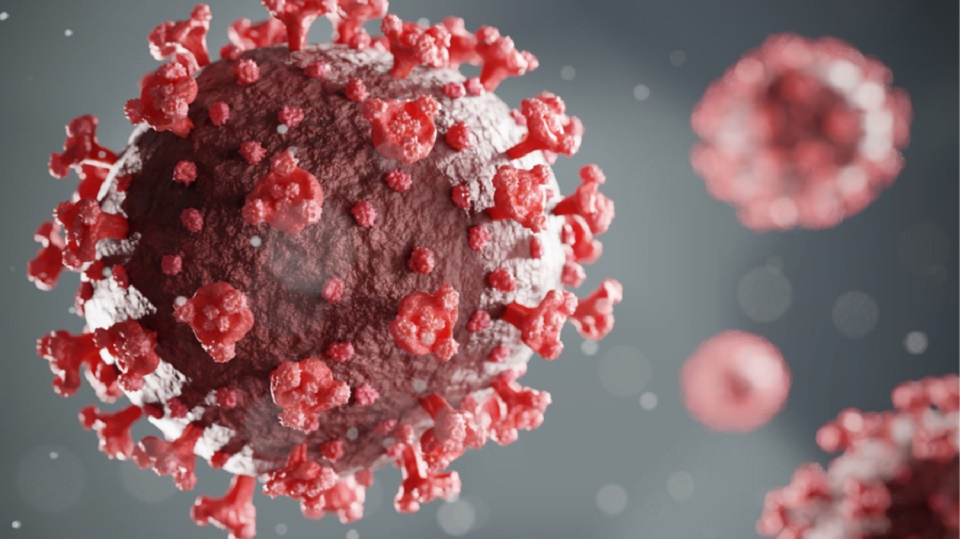
Bangkok – An emerging diseases expert from King Chulalongkorn Memorial Hospital has elaborated on the three new variants of COVID-19 currently spreading in foreign countries, while stressing that current preventative measures against the spread can help prevent mutations.
Dr Opass Putcharoen, Chief of the Centre of Emerging Infectious Diseases at Chulalongkorn Memorial Hospital, says there are now three new strains of the SARS-CoV-2 virus causing COVID-19 which are being closely monitored.
These new variants include the B.1.1., known as the UK strain where the viruses can better attach themselves to human cells and reproduce faster, which could increase the new infection and death rates.
The other mutated variants are the B.1.351 or South African strain which is found to be more resistant to some of the currently available vaccines, but with no data suggesting higher severity; while the P1 or Brazil strain shares characteristics with the South African strain.
Dr Opass said the virus spreading in Thailand has shown various mutations from the first wave, while the strain spreading in the second wave is from Myanmar. He said there has not been enough time for the virus to mutate since the beginning of the second wave in Thailand in December 2020.
[CG= Dr Opass Putcharoen, Chief of the Centre of Emerging Infectious Diseases, Chulalongkorn Memorial Hospital]
“When inspecting the virus’ genetic material, the genome sequence allows us to track the source of the virus. Right now we can confirm the virus spreading is the same strain as in Myanmar. Right now we are still not able to prevent human transmission, so this strain from Myanmar could eventually mutate into our own strain that could have different qualities. So what I would like to stress is, right now the best way to prevent the mutation is to stop the spread. That would be the best way. Hand washing, mask wearing, and social distancing are important. They can help prevent the virus from getting into a human body, which the virus needs to get in to mutate. Another way is to use the vaccine.”
A COVID-19 patient with the South African strain has been found after arriving in Thailand from Tanzania, with a chest x-ray showing pneumonitis. The patient has been referred to Chulalongkorn Memorial Hospital, and has shown good signs of recovery. (NNT)





